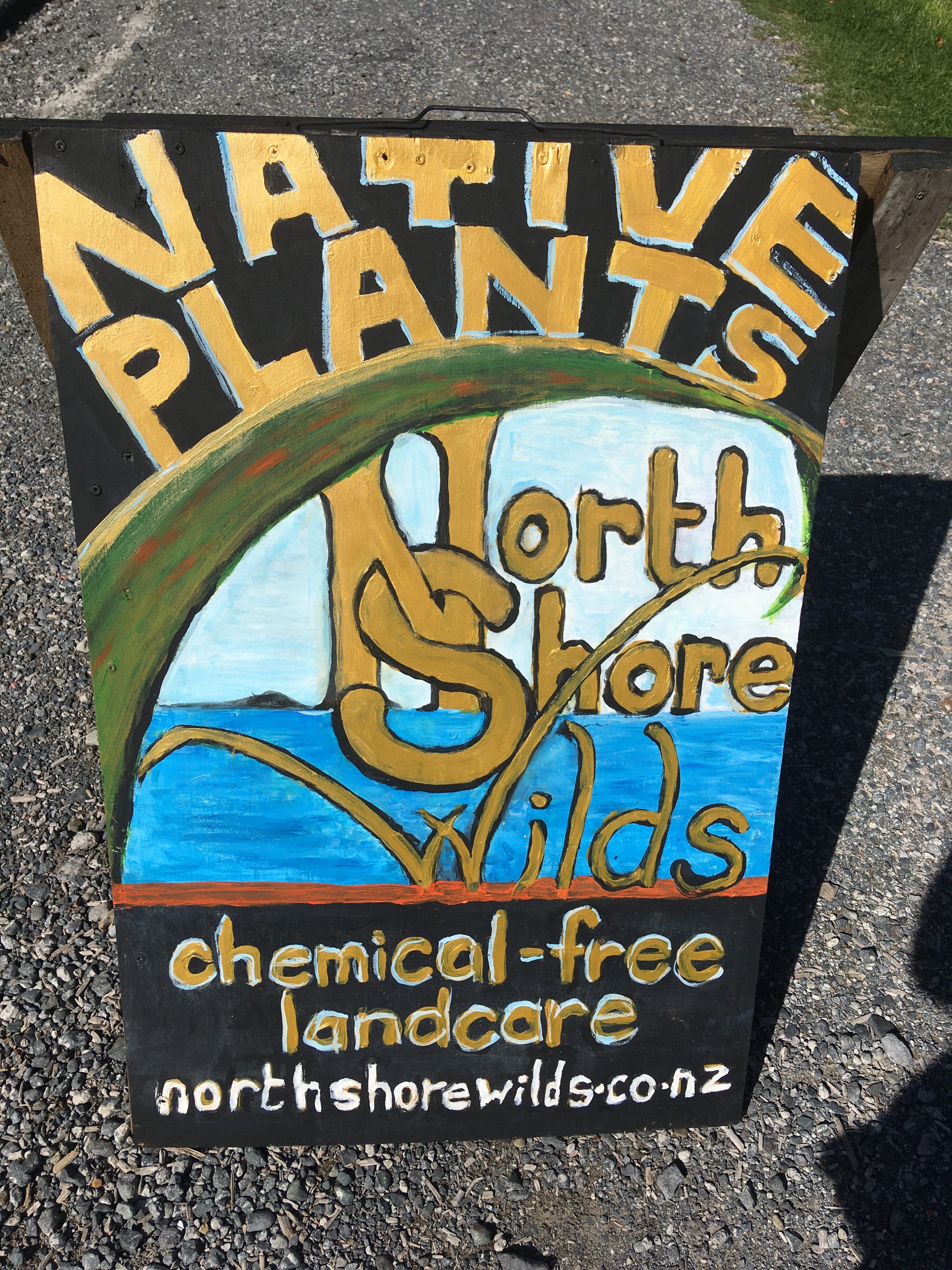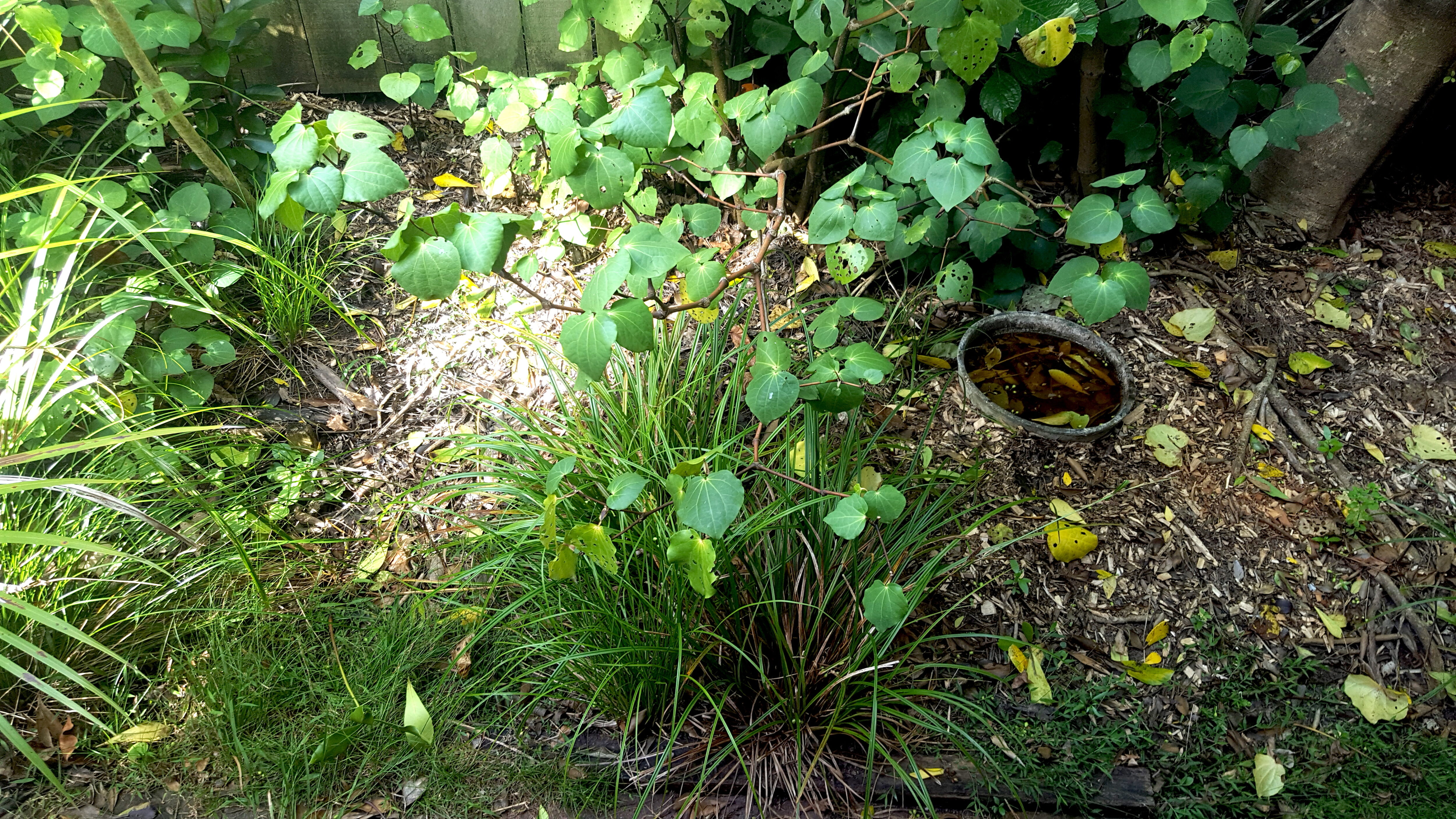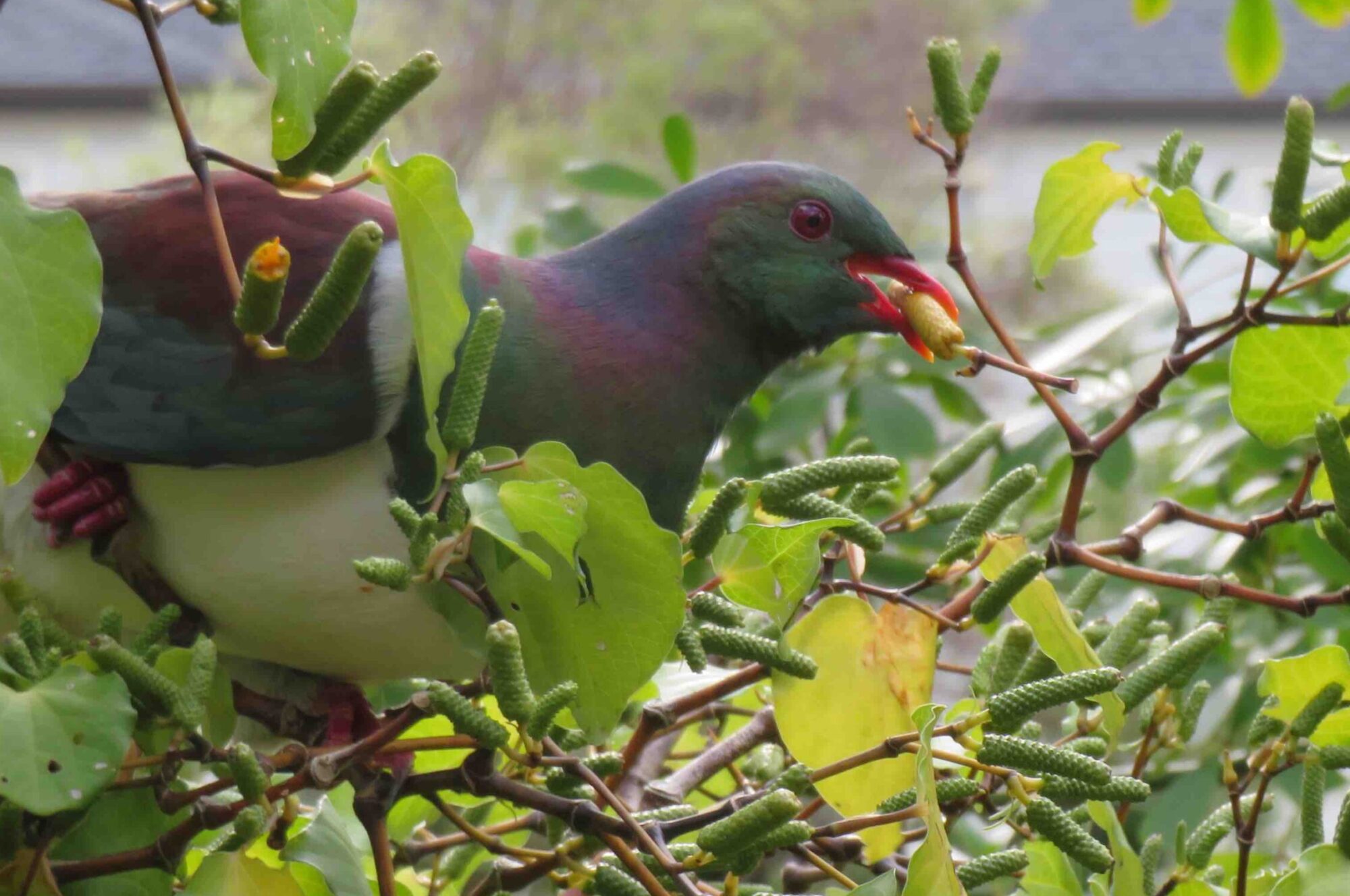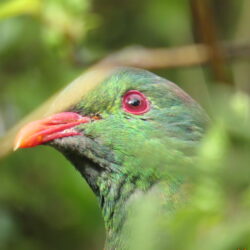
The North Shore Wilds native plant stand will be open tomorrow Sunday, opposite the petrol station on Glenfield Rd, from about 10am. Our larger plants need to be well rooted in damp ground before summer drought (unless they will be watered), so the largest Carex flagellifera have been reduced from $10-12 to $8.
Carex have long hair-like roots that penetrate and stabilize clay soils. Grown close together, in full sun or shade, they form dense hardy tufts that can be occasionally walked on, preventing soil compaction and erosion in wet weather.
Their seeds are the natural habitat for tiny… and harmless… native Carex beetles, which I have seen only a few times. I was amazed that this species had survived the 20 years since I sourced and planted these in my own garden.
Like most of our other plants, these are grown from seed ecosourced from the Kaipatiki area.
The photo shows three species of wild Kaipatiki-native Carex allowed to grow as they will, spreading to cover previously bare clay under a planted kawakawa and a wild nikau, in an 80cm wide strip of soil outside a dining room window that gives a great view of kereru feeding in the kawakawa in summer. (We still have small kawakawa trees for $3 each or 4 for $10.)
Our spaces are shrinking, but we can still have wild beauty !


